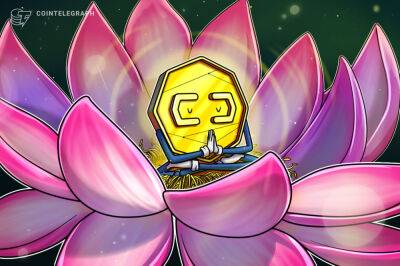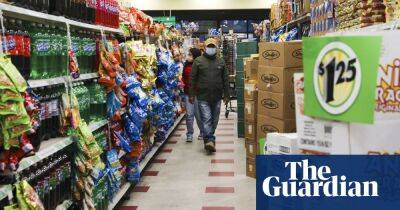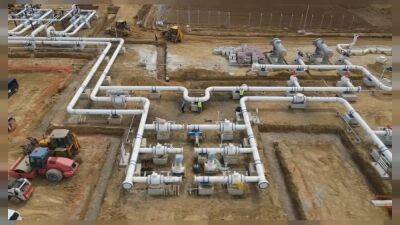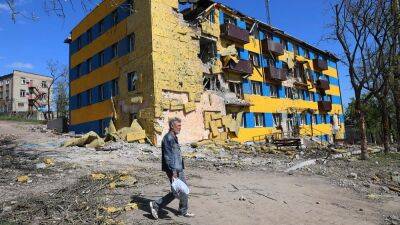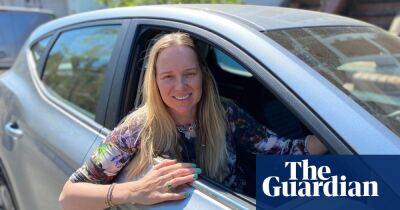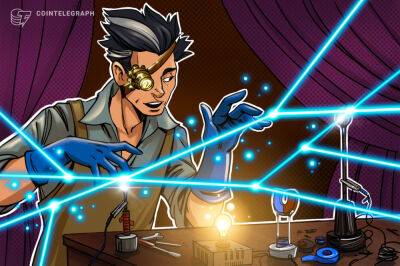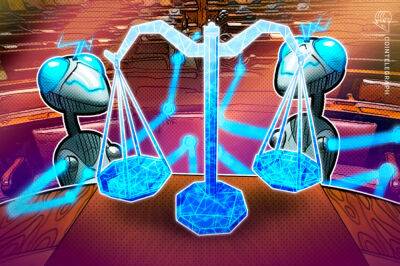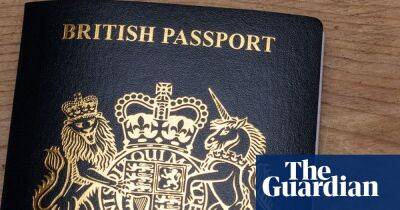Busy restaurants belie a tale of tightening belts in cost-of-living crisis
Business has been better than expected this year for Paul Askew’s fine-dining restaurant in central Liverpool. He feared for its future amid the worst cost-of-living crisis in a generation, but so far the punters have kept coming.
“January is usually the quietest month,” says the chef patron of the Art School restaurant, where menus start at £39 a head. “But people were feeling liberated and came out in large numbers. The start of the year was better than we could have hoped, and that has continued.”
Faced with the biggest hit to household incomes since modern records began in the 1950s, businesses across the UK are bracing for a slowdown in consumer spending, as the price of everything from gas and electricity to food and clothes soars.
But experts say a two-speed consumer economy could emerge, with richer households, who saved record sums during lockdown, continuing to spend. The signs are there: as well as the rush back to restaurants there was a scramble to airports this Easter, and the housing market is booming. And all this is despite the worst inflation since at least 1992 and amid reports of growing use of food banks and rising fuel poverty.
For Askew, bookings for May and June have slowed and he worries that tightened budgets could keep diners away. His costs are rising too: prices of beef and lamb are up more than a quarter, which could force him to increase menu prices.
“I think as people see direct debits, energy bills and the weekly shop going up they will start to cut back,” he says. “That’s a worry.”
His hope is that a lockdown savings glut and a desire to spend on experiences rather than physical goods after two years of life on hold will keep diners coming.
“We may be insulated by the furlough effect, which has
Read more on theguardian.com

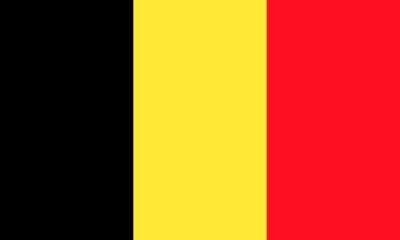


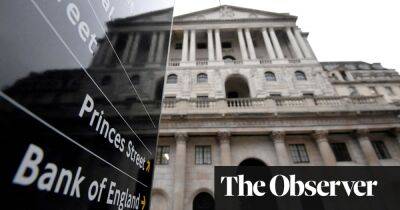
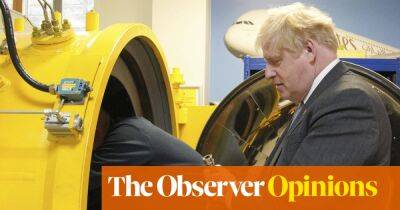
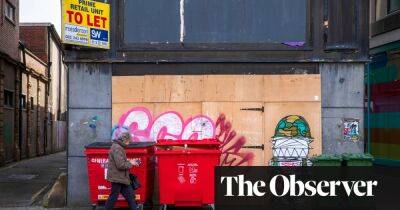
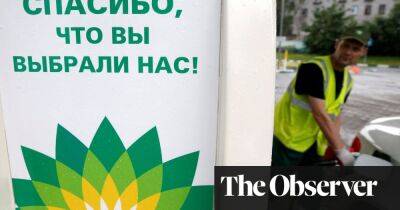
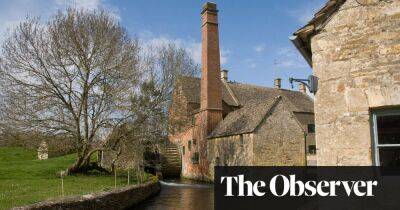

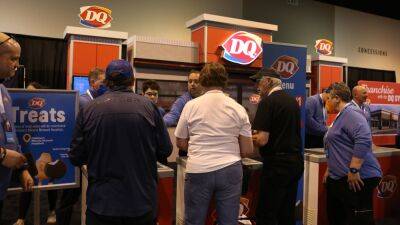
![Marcus Sotiriou - Wu Blockchain - Will Ethereum’s [ETH] Monday blues get ousted by increasing… - ambcrypto.com](https://finance-news.co/storage/thumbs_400/img/2022/4/30/23808_cnk3.jpg)
